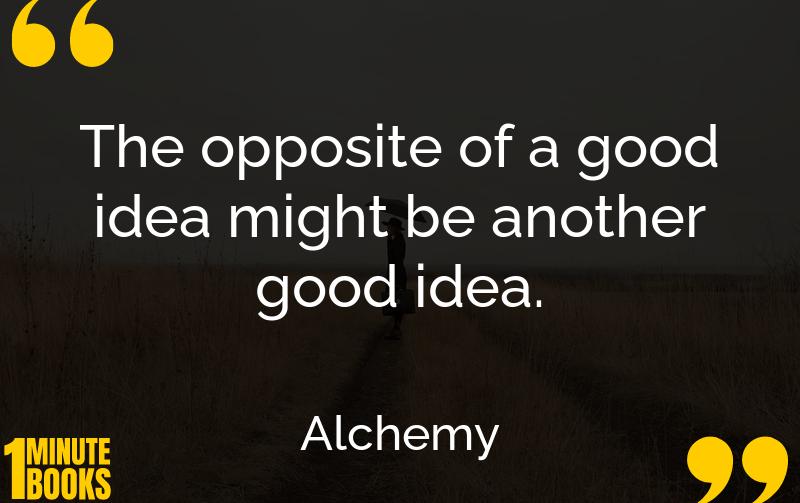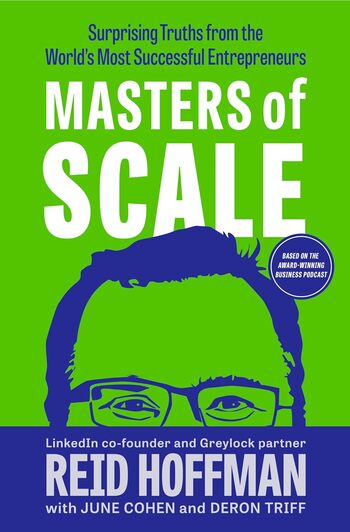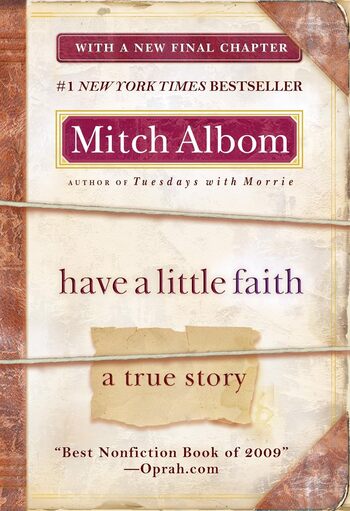
Alchemy by Rory Sutherland explores the limits of rational thinking in innovation, urging readers to embrace irrationality to spark creativity and change perceptions.
Main Lessons
- Rational models of the world can limit creativity and innovation.
- Originality often requires discarding obvious ideas and embracing the irrational.
- The real world transcends limited data points used in rational models.
- Perception is not only reality but also flexible and subject to change.
- Understanding that what people believe matters more than what is true can enhance persuasion and compliance.
- Psychological adjustments can shift perceptions without altering actual performance or speed.
- Innovation can sometimes be achieved through changing perceptions rather than empirical improvements.
- Complexity of human motivations often defies logical optimization.
- Challenging one’s perception can lead to profound shifts in thinking.
- Provoking thought is sometimes more powerful than direct action steps.
- Advertising and persuasion benefit from embracing counter-intuitive approaches.
- Creativity involves re-examining ingrained beliefs and exploring the ‘unseen’.
- Engaging irrationality can lead to groundbreaking solutions and perspectives.
- Mock constraints can lead to discovering overlooked opportunities.
- The book sparks ongoing reflection on progress, creativity, and daily interactions.








